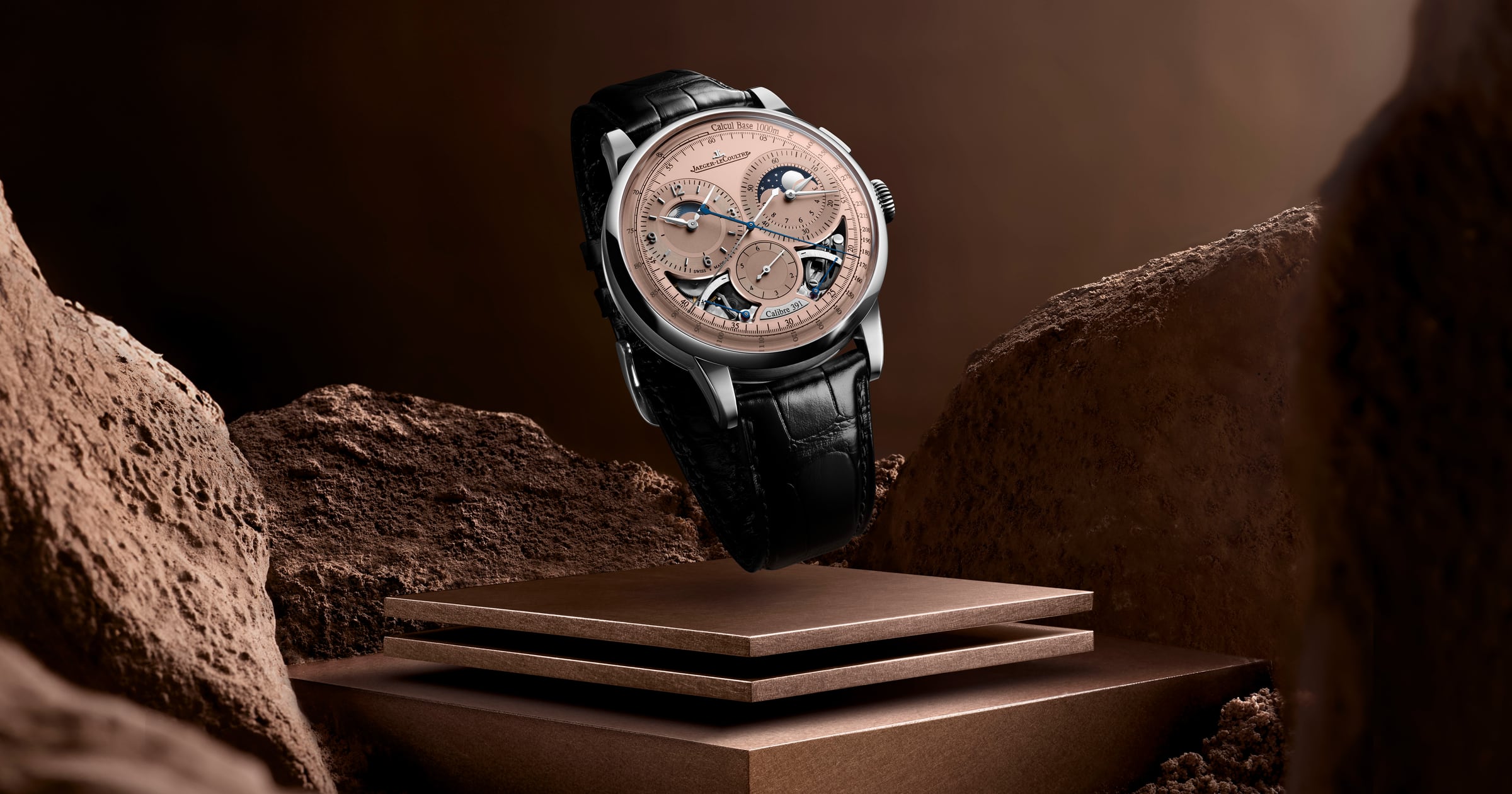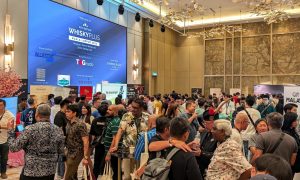In perhaps the finest fiscal spin seen in years, the long-announced High Value Goods Tax has been quietly axed, only for its principles to appear immediately under SST reform.
The government has quietly shelved the proposed High Value Goods Tax (HVGT) that was supposed to roll out by May 2024. But don’t let that fool you – its core concept has been baked into the revamped sales tax system as higher rates for luxury and discretionary items.
Finance Minister II Datuk Seri Amir Hamzah Azizan confirmed in Parliament that dedicated HVGT legislation is off the table. Instead, luxury products now face a 5 or 10 percent tax under the expanded Sales and Service Tax (SST). In effect, the policy that sparked controversy lives on – just wearing a new disguise.
Amir Hamzah said the reform is expected to boost SST revenue by about RM5 billion in 2025, and double to RM10 billion in 2026. Meanwhile, other fiscal measures are performing solidly: low‑value goods tax raked in around RM500 million in 2024; service tax on digital services contributed RM1.6 billion; and capital gains tax on unlisted shares is projected at RM800 million annually.
He also noted that the targeted diesel subsidy programme is saving around RM600 million per month – something like trimming fat, except the tax plan is still slivered right back in elsewhere.
WAS IT EVER REALLY GONE?
Experts see this as a face-saving pivot more than a concession. The HVGT, introduced in Budget 2023 and expected to bring in RM700 million annually, drew fire from luxury goods retailers and consumer groups for risking double taxation and dampening tourism. It was postponed in 2024 amid backlash – and now it’s gone, yet not really gone.
Economist Dr Yeah Kim Leng pointed out that integrating luxury taxation into the SST avoids ambiguity over what constitutes a “high-value” item and sidesteps burdensome new legislation. Others say it may be political optics – it was easier to cancel HVGT than acknowledge the initial idea was flawed.
Consumer advocates express deeper concern. Some argue removing the HVGT while hiking SST leaves lower-income earners shouldering the burden, while high earners escape progressive taxation. As Federation of Malaysian Consumers Associations (FOMCA) secretary-general Dr T. Saravanan put it: cancelling the luxury tax but still taxing basics feels unfair.
Tax experts call into question whether the move truly simplifies the system. Thenesh Kannaa noted rich Malaysians could simply purchase luxury goods abroad, rendering the tax ineffective while hurting local businesses. Others say the threshold and design were flawed, making reform inevitable.
BOTTOM LINE
The government may have officially scrapped the HVGT – but it has recycled the plan under SST reform. What looks like a policy retreat is really a clever rebrand. Revenue targets remain intact, consumer groups are still grumbling, industry watchers see pragmatism, and high‑value spending will be taxed anyway.
As the folk proverb goes, if you expect accountability, don’t count on policy reboots to get you there.



















